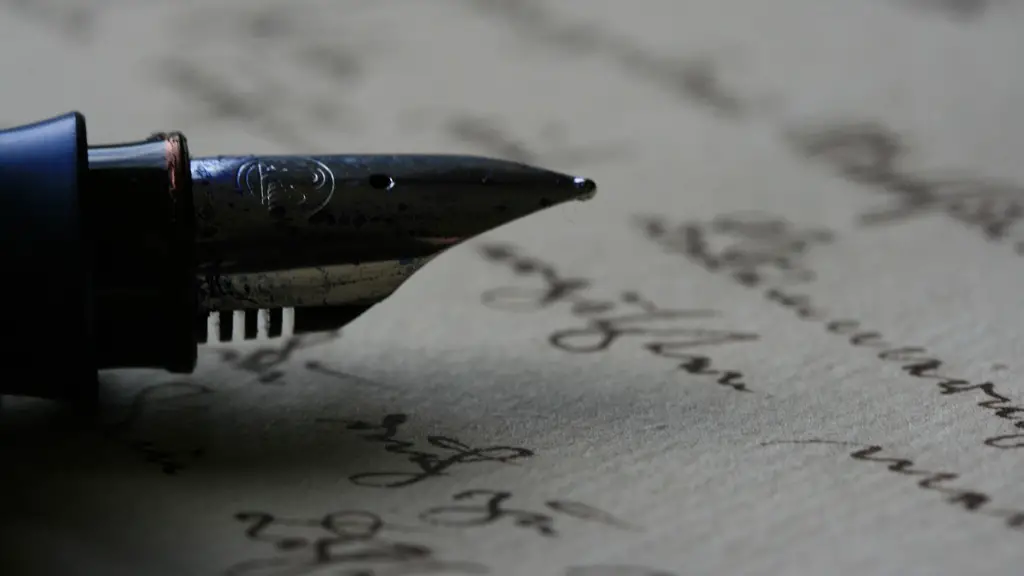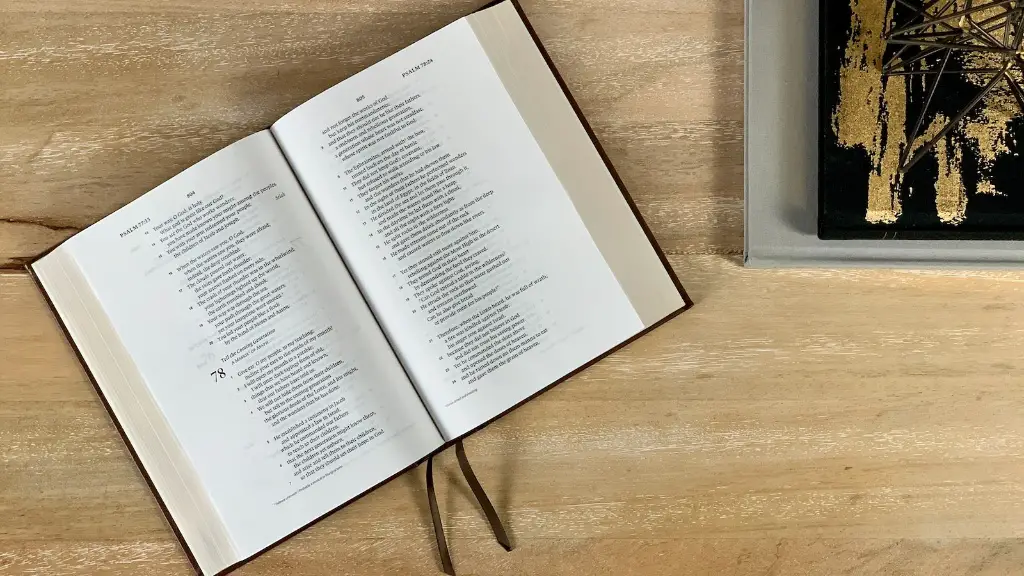Writing Style
Writing poetry is both a wonderful and a difficult thing to do, requiring a mastery of writing techniques, careful examination of literary devices, and, of course, inspiration. Whether you are just starting to explore your poetic voice or have been writing for years, there are numerous ways to improve your poetry writing.
Brainstorm Ideas for Your Poem
Brainstorming is an important initial step. Think about the topic of your poem and the emotions it evokes. Set a timer for 10 minutes and let your ideas flow without worrying about any structure. Note any words and phrases that come to mind, even if they don’t seem to have any direct relation to your topic. Connect them together—these bridges of association can help you create striking images in your work. Move away from linear thinking, and experiment with a few new artistic and creative techniques to bring your poem alive.
Polish Your Writing
Experiment with various types of poetic form. A classical sonnet, a haiku, a villanelle—all these forms have their own set of rules and require you to practice and perfect your craft. Once you have your poem more or less completed, include elements of alliteration, rhythm, and meter to make your words more poetic. Incorporate literary devices such as metaphor, personification, and imagery to create landscapes filled with stunning visuals, sensations, and emotions.
Use Description and Sensory Details
The best poems always come to life with vivid descriptions and sensory images. Try to create an image, a metaphor, or an emotion without stating plainly what you are trying to communicate. Describe scenes through the active use of concrete details in your images, such as the sound of a cricket, the velvet feel of leaves, or the aroma of fresh-cut grass. Descriptive language is vivid and helps the reader to “see” the world of your poem.
Experiment With Different Tones
A poem has a tone, a feeling or mood, beneath its explicit words. While the words may be simple or complex, try to set a tone or evocative mood. You can express different tones in your poetry, ranging from humorous and light to deep and solemn. Tone helps communicate a certain emotion to the reader. Experiment with different tones and moods in your work and find the one that best captures the spirit of your poem.
Read It Aloud
Reading your poem aloud is a great way to capture the sounds of your words and to make sure they scan together correctly. It’s also the best way to gauge the rhythm and meter of your poem. Get your friends, family, or a local poetry workshop to listen to your work. Listen to their feedback and refine your poem accordingly.
Revise and Edit
Once you’re pleased with the final draft of your poem, put it aside for a few days. Don’t rush to publish it on the spot. Take a break and come back to your poem with a critical eye, scrutinizing every word and line. Read it silently and out loud. Make sure it conveys the message correctly and that the language you used is elegant and meaningful. Cut out unnecessary words and focus on making the poem clear and concise.
Create The Right Setting
Creating a pleasant environment for yourself is an essential part of writing poetry. Choose a comfortable place where you can remain focused and stimulated. Once you’re settled, get into a state of relaxation and start writing your poem.
Ultimately, the most important thing to remember is to have fun and enjoy the process. Don’t limit yourself by self-imposed rules, and keep experimenting and reaching out to other poets and support networks.
Get Inspiration From Other Poems
Reading the works of other great poets can help to get you into the right mindset for writing your own. Examine their line breaks and rhythms, learn from their techniques and literary devices, and borrow a few to enrich your own works.
Make Connections With Other Writers
Connecting with other writers can inspire you and help your work stand out from others. You can build a community of poets who can give feedback and offer support. Build your own network across all the websites and social platforms that are a part of the online poetry world.
Explore New Mediums
Nowadays, poets have access to many multimedia options that can make their work inspiring and unique. Animation and video give you the opportunity to bring to life your poem. This can be a great way to tell stories with your work that would otherwise be difficult to express in words.
Make Mistakes and Move On
Writing poetry can be a learning experience if you let yourself make mistakes without getting bogged down in them. Learn from your errors and keep reading and writing. Always experiment with new styles and approaches and be willing to ignore the rules to find your voice and to explore new possibilities.
Once you feel confident enough with your poem, publish it online. You can submit it to poetry sites and contests or share it through social media. You can also hold readings or poems to give your works a bigger audience. The ultimate goal is to get your work out there in as many places as you can.



